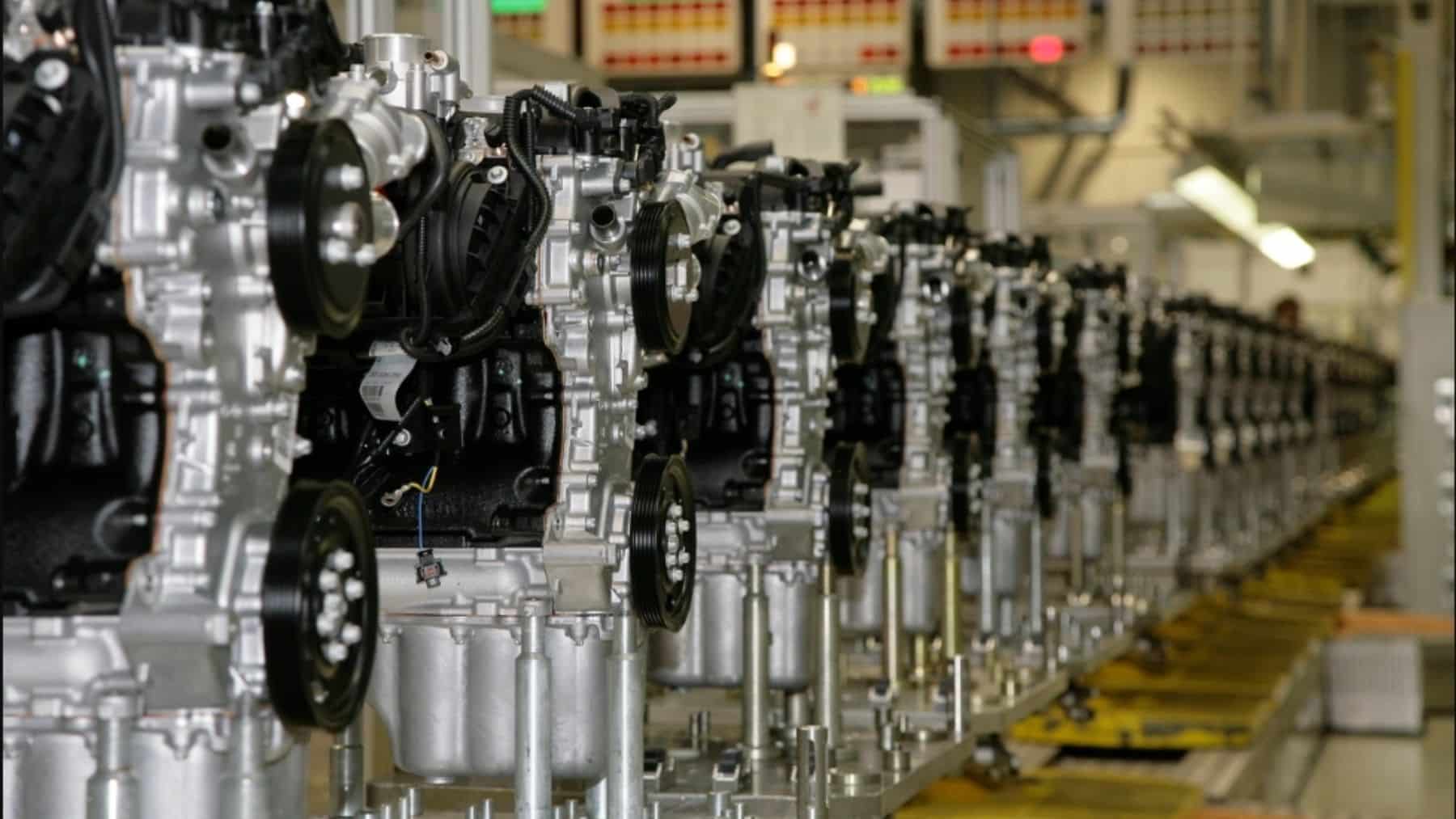General Motors (GM) is under scrutiny after having issued a recall of nearly 600,000 full-size trucks and SUVs in the U.S. and over 720,000 vehicles globally. The reason for the recall is all linked to its widely used L87 V8 engine. The recall was announced on May 1, 2025, and arose as a result of a growing number of consumer complaints. However, a federal class action lawsuit has also been filed and alleges GM knowingly installed defective engines across multiple models.
Understanding which motors are being recalled
The National Highway Traffic Safety Administration (NHTSA) has found quite impactful engine defects in several GM vehicles from the 2021 to 2024 model years. With regard to the 25V-274 recall from the National Highway Traffic Safety Association, GM urges motor vehicle owners to act fast.
Affected models are:
- Cadillac Escalade and Escalade ESV
- Chevrolet Silverado 1500
- Chevrolet Suburban and Tahoe
- GMC Sierra 1500
- GMC Yukon and Yukon XL
The NHTSA stated that the problem lies in “the connecting rod and/or crankshaft engine components,” which may cause drastic engine damage or complete engine failure. GM conducted a formal product investigation in January 2025 after the NHTSA informed GM of reports of engine seizures and breakdowns.
The reality is that online discussion forums show that owners have been reporting issues for years. Some drivers also complained that their engines failed while driving. According to a poll from GM Authority, many respondents labelled the L87 issues as “serious.”
Lawsuit discusses long-term negligence
The lawsuit was filed in February 2025 in the U.S. District Court for the Eastern District of Michigan. Lead plaintiff, James S. Powell II, claimed that the 2023 GMC Yukon Denali he purchased came equipped with the defective L87 V8 engine. When engine trouble emerged in 2024, Powell had the engine replaced but ended up experiencing problems with the replacement engine too.
As per the lawsuit, the L87 engine has a common defect related to the engine bearings. The legal filing states that GM has known about this defect for years but failed to disclose it to customers.
Case No. 2:25-cv-10479 suit further includes many reports submitted to NHTSA by consumers, reasserting claims of recurring issues with the L87. A similar case had also been filed in Georgia in early April 2025, suggesting that the legal fallout could expand.
How should citizens respond if their vehicles are affected?
All affected vehicles will undergo inspection, and faulty engines will be repaired or replaced. Engines that pass inspection will receive preventive maintenance from GM, including:
- Switching to higher viscosity oil
- Replacing the oil filter and oil filter cap
- Adding a supplemental insert to the owner’s manual
GM vehicle owners need to use their vehicle identification number (VIN) to check recall status at official GM or NHTSA recall sites. GM has promised to handle all recalls with individual attention, but the sheer scale of the recalls could add more pressure on the dealership’s capacity and availability of parts. This recall is not as smooth as the Mercedes urgent recall over the electrical issue.
The future for GM
The fact remains that this isn’t the first high-profile recall for GM. Back in 2021, the company recalled every Chevrolet Bolt EV due to fire risk, a recall that already damaged the company’s public image. The L87 V8 issue threatens to drag GM down. The worst part is that these engine complaints date back years to the point where some customers were given replacement engines with the same defect.
While GM has not commented on ongoing litigation, the pressure is rising for the automaker, which needs to regain customers’ trust. With the legal battle ongoing, over 500,000 cars being recalled, and with more drivers coming forward, this recall could upset GM’s plans.















